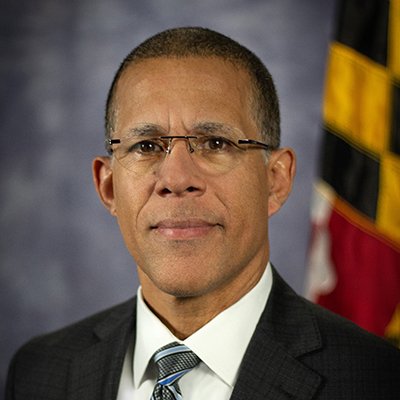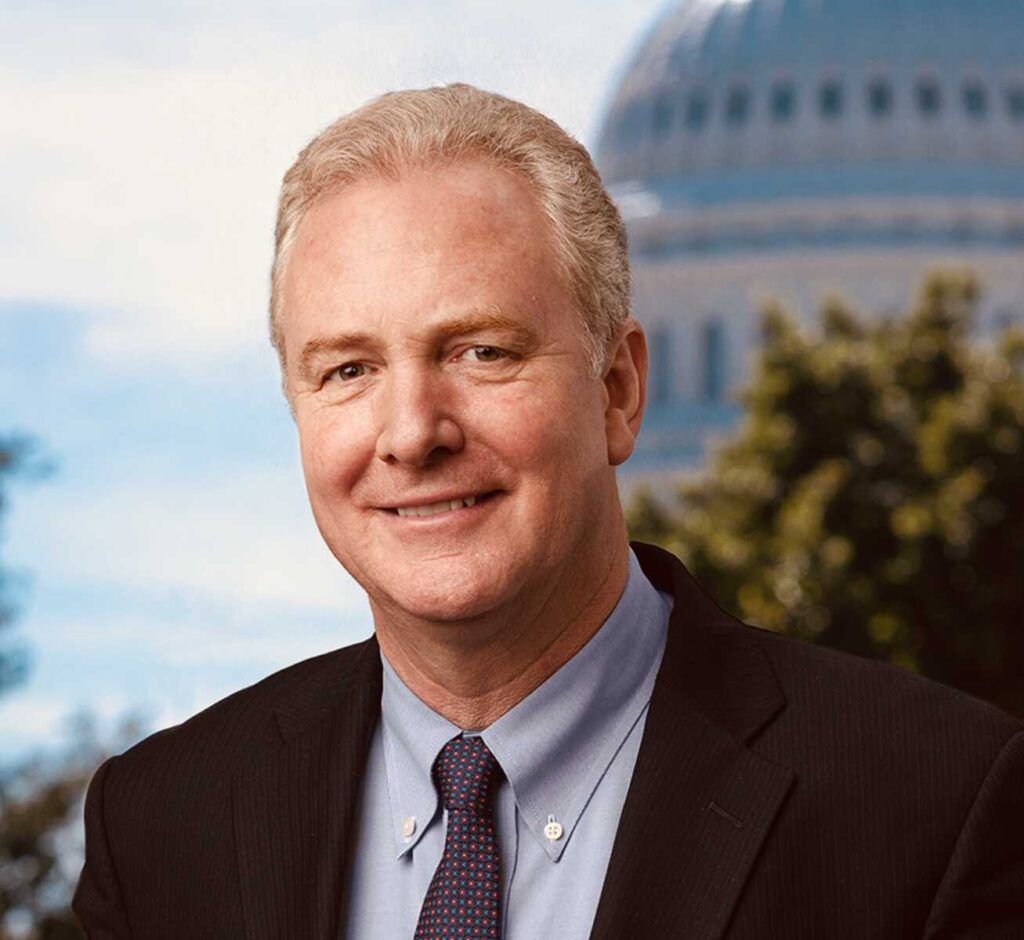Attorney General Anthony G. Brown and a coalition of state attorneys general submitted formal objections to the U.S. Department of Energy’s proposal to eliminate efficiency standards for 16 appliances, arguing the rollbacks lack required analysis and would increase consumer costs.
Per the news release distributed on Tuesday, July 15: “Attorney General Anthony G. Brown today co-led a multistate coalition of attorneys general in opposing the U.S. Department of Energy’s (DOE) proposals to eliminate energy and water efficiency standards for 16 consumer and commercial appliances. The coalition submitted detailed comment letters challenging each proposed rollback, which are part of DOE’s broad initiative to reduce regulations. These rollbacks would cost consumers millions of dollars annually in higher energy and water bills while undermining decades of progress on energy conservation.
The proposed changes would remove efficiency standards for appliances ranging from dehumidifiers to microwave ovens. These standards, established under the Energy Policy and Conservation Act (EPCA), require appliances to meet minimum efficiency levels that save consumers money while reducing energy consumption and environmental impact.
The coalition’s comment letters highlight that DOE’s proposals lack the technical and economic analysis required by federal law when establishing or modifying efficiency standards. When each of the existing standards were originally announced, DOE conducted thorough studies demonstrating their technological feasibility and economic benefits. However, the current proposals to rescind these standards do not include any such analysis.
The coalition emphasizes that eliminating these efficiency standards would result in significant lost energy and water savings, leading to higher utility bills for consumers nationwide. The standards have historically saved Americans billions of dollars in energy costs while reducing strain on the electrical grid and water systems.
Under EPCA, DOE is required to review efficiency standards at least once every six years and must set standards at the highest level of efficiency that is technologically feasible and economically justified. The statute includes anti-backsliding provisions designed to prevent the weakening of existing standards without compelling justification.
The coalition further argues that DOE has failed to comply with several federal requirements, including the Administrative Procedure Act (APA), the National Environmental Policy Act (NEPA), the Regulatory Flexibility Act, and Executive Order 13211, which requires preparation of a Statement of Energy Effects for federal actions that would significantly impact energy supply, distribution, or use.
The comment letters rebut DOE’s central arguments for removing the standards, including the agency’s claims that it lacked authority to originally establish the standards and that the anti-backsliding provisions of EPCA do not apply. The coalition demonstrates that DOE’s legal reasoning is flawed and that the agency has ignored the interests of states, manufacturers, and consumers who have invested in compliance with existing standards.
Joining Attorney General Brown, Attorney General Rob Bonta of California, Attorney General Letitia James of New York, and the City of New York in these letters are the attorneys general of Connecticut, the District of Columbia, Illinois, Maine, Massachusetts, Michigan, Minnesota, New Jersey, Oregon, Vermont, and Washington.”











